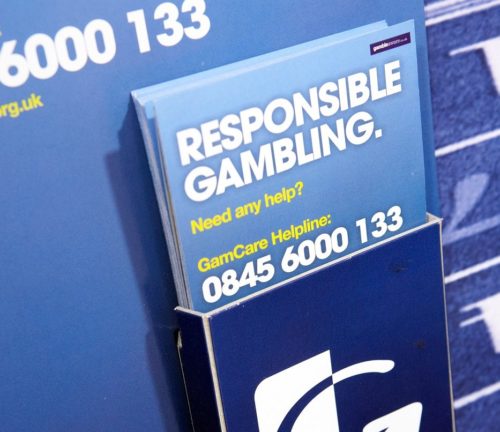“Systemic senior management failure” at gambling company William Hill has seen it pay a settlement of £6.2m to the Gambling Commission.
An investigation by the commission found that William Hill breached anti-money laundering and social responsibility regulations between November 2014 and August 2016.
Ten customers deposited large sums of money linked to criminal offences through the gambling company’s system, which ultimately saw William Hill make gains of £1.2m. The commission’s statement said that William Hill “did not adequately seek information about the source of their funds or establish whether they were problem gamblers”.
Neil McArthur, executive director at the commission, stated: “Gambling businesses have a responsibility to ensure that they keep crime out of gambling and tackle problem gambling—and as part of that they must be constantly curious about where the money they are taking is coming from.”
Where victims of the ten customers are identified, they will be reimbursed.
William Hill will appoint external auditors to review the effectiveness and implementation of its anti-money laundering and social responsibility policies and procedures, and “share learning with the wider industry”.
Examples of William Hill’s failure include:
- A customer was allowed to deposit £654,000 over nine months without checks on the source of funds having been undertaken. The customer lived in rented accommodation and was employed within the accounts department of a business, earning around £30,000 per annum; and
- A customer made hundreds of thousands of pounds of deposits, and the operator’s assumption of their income was based on a conversation with the customer. However, the customer was earning circa £30,000 a year and was stealing from their employer.
William Hill CEO Philip Bowcock said it had “fully cooperated” with the commission throughout the process, and was implementing new policies and procedures.
“We are fully committed to operating a sustainable business that properly identifies risk and better protects customers,” said Bowcock. “We will continue to assist the commission and work with other operators to improve practices in the areas identified.”





